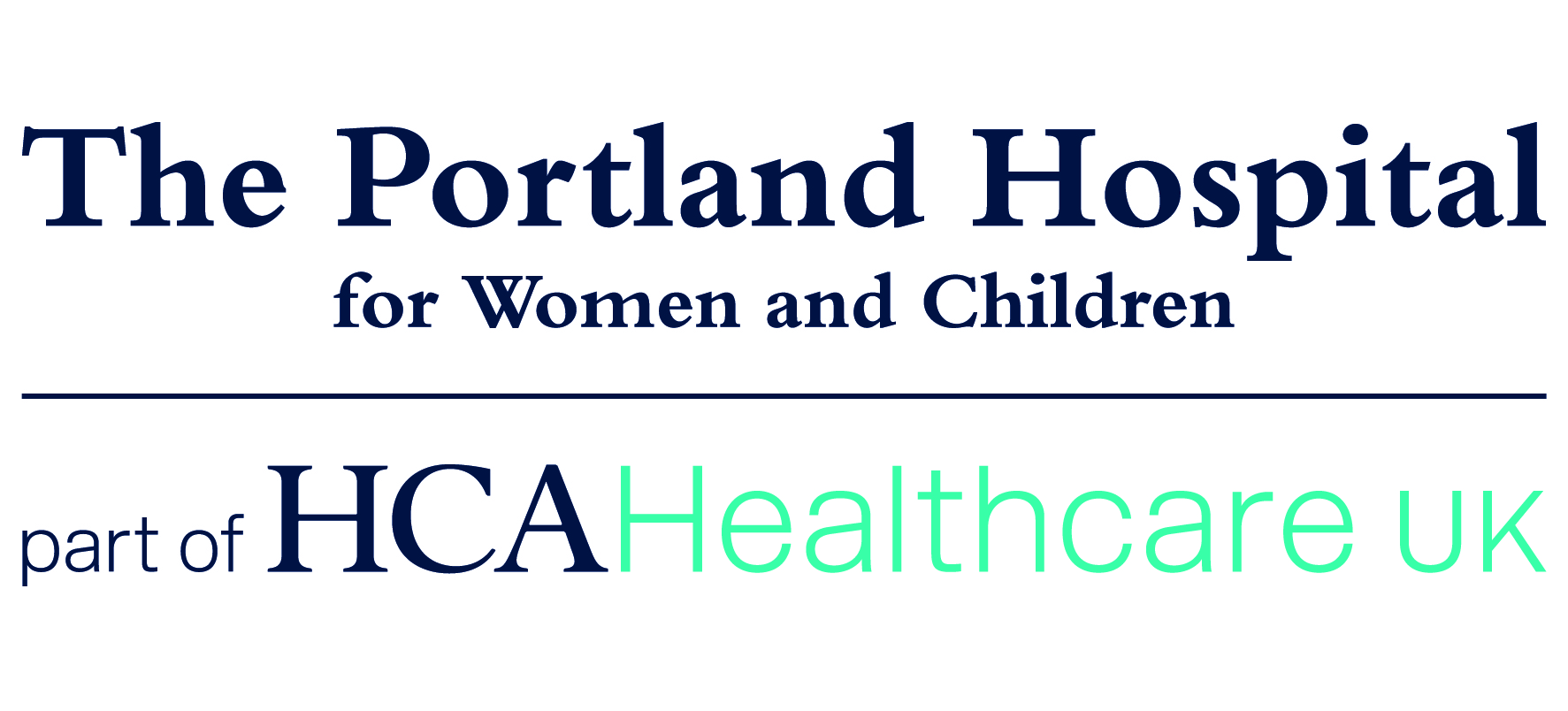The hearing screen is carried out following national standards and guidance, results are given straight away. There are 2 methods of screening test, they are both safe and effective to identify babies who are born with a hearing loss. The screen works best while your baby is sleeping and they usually do not wake up. A few babies may be referred for a diagnostic assessment with the audiology team, to identify if a hearing loss is present. A few babies are referred for more tests who do not have a hearing loss, more information about the hearing screen and any diagnostic tests that could be required can be found via https://www.nhs.uk/conditions/baby/newborn-screening/hearing-test/ the link also contains a video of the hearing screen being carried out. The team work 7 days per week.
If your baby passes their baby hearing test, you can expect her to react to loud noises like a car starting or sudden noises. When she’s very little, she’ll often startle awake – and as she gets a bit bigger she’ll turn towards you when she hears your voice.
Your baby loves voices and loves your voice the most. She will look at your mouth and eyes as you speak so have lots of face to face contact. Give her time to respond with a screech or squirm of delight.
If your baby doesn’t startle as a newborn baby to loud noises in the environment – and later doesn’t turn towards you when you speak then just follow your instinct and go and take them along to be more formally assessed. You are able to self-refer your baby for a hearing test via your health visitor. There are many treatments for children with mild to severe hearing impairment from surgery to hearing aids.
Glue ear is a condition where the middle ear does not drain properly and fills with fluid. This space should be filled with air so that the bones of the middle ear can vibrate in response to noise causing a vibration on the ear drum and so transmit sound information to the cochlea in the inner ear.
Persistent glue ear can seriously impair hearing and lead to speech and language delay. It’s really vital to get your baby or child’s hearing checked if you suspect glue ear – do not be falsely reassured. You know your baby the best so get a second opinion if you think their hearing is impaired. Glue ear can really hamper language development and cause painful ear infections.
For a list of useful contact details for The Portland Hospital, please click HERE.
